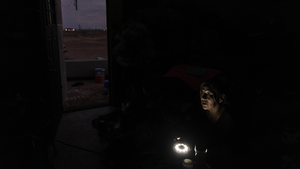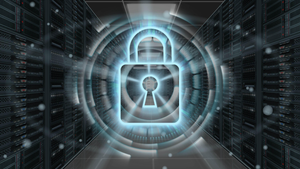Internap Scores LEED Platinum for New Jersey Data Center
Internap additionally holds a mix of LEED, Green Globes, and Energy Star certifications at its data centers in Atlanta, Dallas, Los Angeles, and Santa Clara.
September 1, 2015

Internap has picked up a pair of energy certifications for its data center facility in Secaucus, New Jersey
Randy Ortiz, VP of data center design and engineering for Internap, said that for the first time an Internap data center facility has achieved a LEED Platinum certification by the US Green Building Council. At the same time, Internap also revealed that its New Jersey data center has achieved an Energy Star certification from the US Environmental Protection Agency.
“As an industry data centers consume quite a lot of power,” said Ortiz. “Anything that we do to address that also generates cost savings.”
While the Energy Star rating focuses primarily on energy efficiency of power supplies and overall power consumption, LEED addresses the sustainability of a data center, including the building materials used to build it, the indoor environmental quality, and usage of water. LEED also considers external sustainability factors, such as employee access to public transportation; whether the building is addressing environmental priorities for the geographic region it’s located in; waste management; and even pest control.
To address that challenge, Internap in its data center facilities makes use of outdoor air economizers, variable frequency drives on chillers and pumps, and cold aisle/hot aisle containment zones.
Internap additionally holds a mix of LEED, Green Globes, and Energy Star certifications at its data centers in Atlanta, Dallas, Los Angeles, and Santa Clara. In fact, Internap noted that its Santa Clara data center was the first in the US to achieve the Green Globes certification, a green building assessment program that helps commercial building owners advance environmental performance and sustainability.
Over the last few years energy consumption has become both a cost and a public relations issues for operators of web-scale data centers.
As a consequence, many IT organizations often now have mandates to reduce their carbon footprint, which includes any carbon generated by companies that provide services to that company. As such, energy consumption by data center colocation services has become not just a cost issue, but also a major brand image concern.
Read more about:
North AmericaAbout the Author
You May Also Like

.jpg?width=300&auto=webp&quality=80&disable=upscale)





